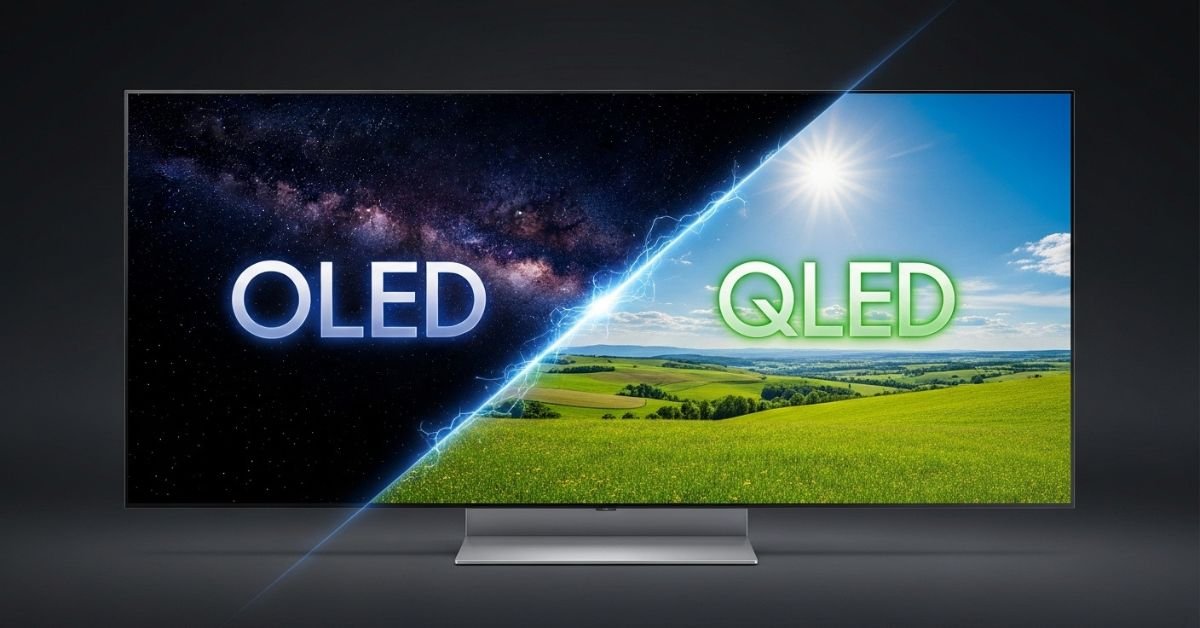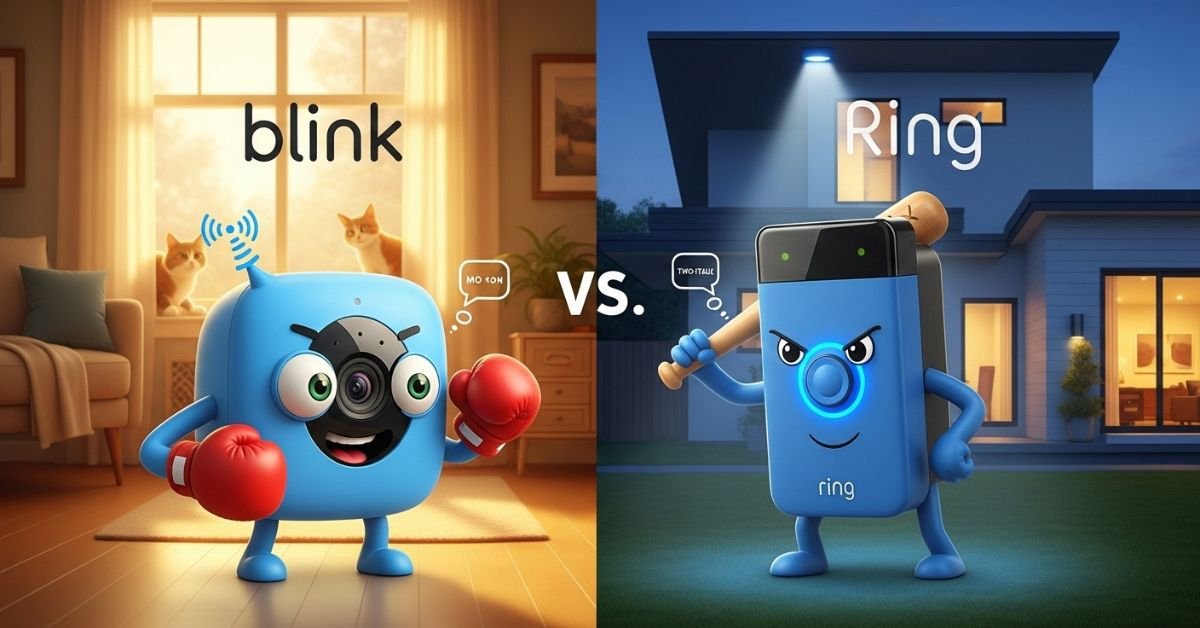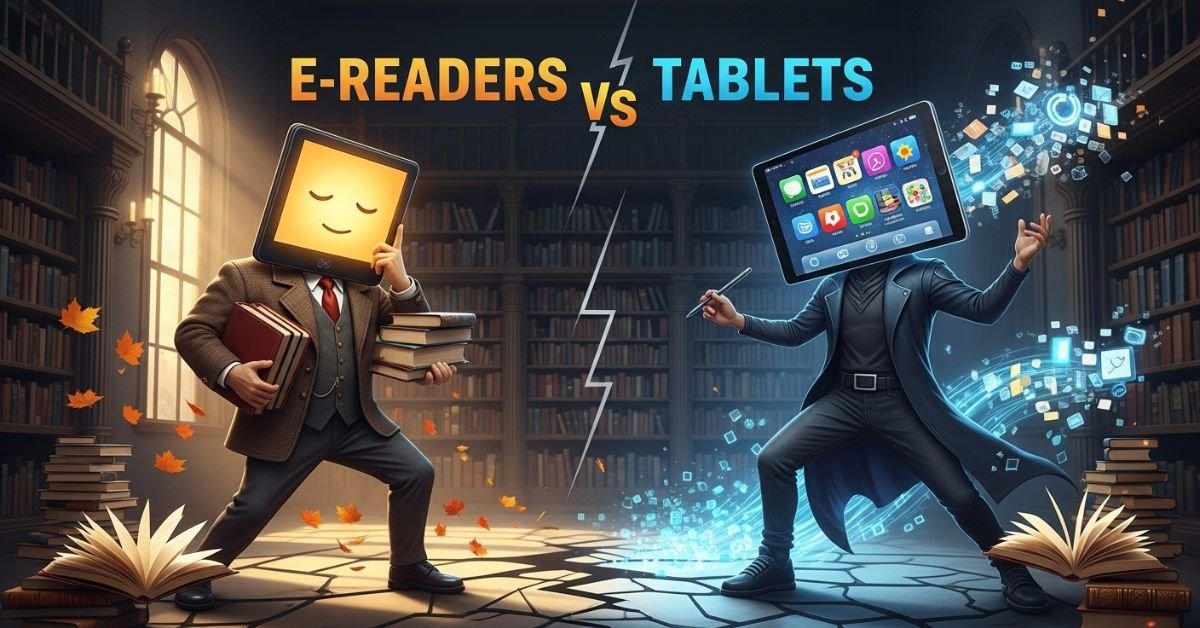In the rapidly evolving world of home entertainment, choosing the right television can be overwhelming. The market is filled with confusing jargon—LED TV vs Smart TV being one of the most common comparisons. Many buyers assume these are competing technologies, but the truth is more nuanced.
This article breaks down the core differences between LED TVs and Smart TVs, discusses their respective advantages, and helps you determine which one fits your viewing needs. Whether you’re a casual viewer or a tech enthusiast, understanding this distinction is key before making a purchase.
Contents
- 1 What Is an LED TV?
- 2 What Is a Smart TV?
- 3 LED TV vs Smart TV: Key Differences
- 4 Can a TV Be Both LED and Smart?
- 5 Which One Should You Choose?
- 6 Are There Any Downsides to Smart TVs?
- 7 Smart Features Without a Smart TV?
- 8 LED TV vs Smart TV: Long-Term Value
- 9 Final Verdict
- 10 FAQs – People Also Ask
- 11 Conclusion
What Is an LED TV?
An LED TV is a type of television that uses Light Emitting Diodes (LEDs) to backlight the screen. Technically speaking, LED TVs are a more sophisticated type of LCD TV since they use LED lighting rather than conventional fluorescent backlights, which results in superior brightness and slimmer profiles.
Key Characteristics of LED TVs
- Display Technology: Uses LEDs for backlighting an LCD panel.
- Image Quality: Offers vibrant visuals, strong brightness, and good contrast.
- Design: Typically slim and lightweight.
- Energy Efficiency: Uses less energy than more antiquated systems.
- Input Options: Includes HDMI, USB, VGA, and AV ports for external devices.
LED TVs are purely display devices. They do not inherently include internet connectivity or streaming capabilities unless paired with a smart device like a streaming stick or set-top box.
What Is a Smart TV?
A Smart TV refers to a television that can connect to the internet and run apps much like a smartphone or tablet. It can stream content directly from services like Netflix, YouTube, Hulu, Amazon Prime Video, and many others, without requiring any additional devices.
Key Characteristics of Smart TVs
- Internet Connectivity: Usually includes built-in Wi-Fi or Ethernet port.
- Preloaded Apps: Comes with streaming platforms and app stores.
- Operating System: Runs on OS platforms like Android TV, Tizen, webOS, or Roku.
- Voice Control: Many support voice assistants like Google Assistant or Alexa.
- Frequent Updates: Software updates add new features or improve performance.
It’s important to note that many Smart TVs today use LED display technology, which means a Smart TV can also be an LED TV. The distinction lies in functionality, not the display type.
You Might Also Like: Smartwatch vs Fitness Band: Which One Fits Your Lifestyle Best?
LED TV vs Smart TV: Key Differences
| Feature | LED TV | Smart TV |
|---|---|---|
| Technology Type | Display/backlight technology | Operating system & software features |
| Internet Access | No | Yes |
| Streaming Capability | Requires external device | Built-in apps and content |
| Price Range | Typically more affordable | Generally more expensive |
| Setup Requirements | Simple (just plug & play) | Needs Wi-Fi setup |
| Software Updates | Not required | Regular updates often needed |
| App Availability | Not applicable | Available via app stores |
Can a TV Be Both LED and Smart?
Yes. In fact, most Smart TVs today are also LED TVs. Whereas Smart refers to the TV’s capabilities, LED refers to the screen technology. So when comparing LED TV vs Smart TV, you’re often choosing between a basic LED model and one that has added smart functionalities.
Which One Should You Choose?
Your decision between LED TV vs Smart TV should depend on your viewing habits, budget, and tech preferences.
Choose an LED TV if:
- You primarily use cable or external media players.
- You want a straightforward, affordable setup.
- You already own a streaming device (like Roku, Amazon Fire Stick, etc.).
- You don’t need internet access on your TV.
Choose a Smart TV if:
- You frequently stream movies and shows from apps.
- You prefer fewer cables and external devices.
- You enjoy features like screen mirroring, app usage, and voice control.
- You want an all-in-one entertainment solution.
Are There Any Downsides to Smart TVs?
While Smart TVs offer advanced features, they are not without drawbacks:
- Privacy concerns: Many Smart TVs collect usage data.
- Software bloat: Some come with preloaded apps that cannot be removed.
- Outdated hardware: Cheaper Smart TVs may have slow processors, affecting performance.
- Limited updates: Not all Smart TVs receive regular software support.
Meanwhile, LED TVs are more predictable—what you see is what you get, with fewer chances of sluggish interfaces or software issues.
You Might Also Like: Mechanical vs Membrane Keyboard for Typing: Which Should You Choose?
Smart Features Without a Smart TV?
Yes, you can turn any LED TV into a Smart TV using external streaming devices such as:
- Amazon Fire Stick
- Roku Streaming Stick
- Google Chromecast
- Apple TV
- Android TV Boxes
This option is ideal for those who want streaming access without investing in a new Smart TV.
LED TV vs Smart TV: Long-Term Value
When evaluating long-term value, Smart TVs seem more future-ready—but only if you utilize their full range of features. Otherwise, a solid LED TV with a reliable streaming device may serve you just as well at a lower cost.
Also consider upgradability: With a Smart TV, if the software becomes outdated, you may need to replace the entire unit. With an LED TV, you can simply replace or upgrade the external smart device.
Final Verdict
LED TV vs Smart TV: What’s the real difference?
The answer lies in understanding that one refers to how the picture is displayed (LED), and the other refers to what the TV can do (Smart).
If you want a simple viewing experience and already own streaming devices, an LED TV may be all you need. If you want the convenience of built-in apps, voice control, and seamless streaming, a Smart TV will be the better option.
Either way, the best choice is the one that suits your personal viewing habits, budget, and future needs.
FAQs – People Also Ask
What is the primary distinction between Smart TV and LED TV?
The main difference is that LED TV refers to the display technology, while Smart TV refers to built-in internet connectivity and apps. A Smart TV can also be an LED TV.
Can an LED TV become a Smart TV?
Indeed. By attaching a streaming device like a Roku, Chromecast, or Fire Stick, you can make an LED TV work like a Smart TV.
Is Smart TV better than LED TV?
Not necessarily. Smart TVs offer more features, but if you don’t need internet apps or streaming, an LED TV may be more cost-effective and simpler.
Are all Smart TVs LED?
Most Smart TVs use LED technology, but not all. Some premium models use OLED or QLED displays, which are newer and more advanced technologies.
Does Smart TV require internet?
Yes. To use apps and stream content, Smart TVs need an active internet connection, typically through Wi-Fi or Ethernet.
You Might Also Like: Wireless Earbuds vs Neckband: Which One Should You Choose?
Conclusion
When comparing LED TV vs Smart TV, it’s important to remember that the two terms cover different aspects. LED defines the display technology, while Smart defines the functionality. Depending on how you use your television, one might serve you better than the other—or you might benefit from combining both.
For viewers looking to enhance their home entertainment, understanding the distinction between LED and Smart TVs ensures you’re making a smart and informed purchase.



